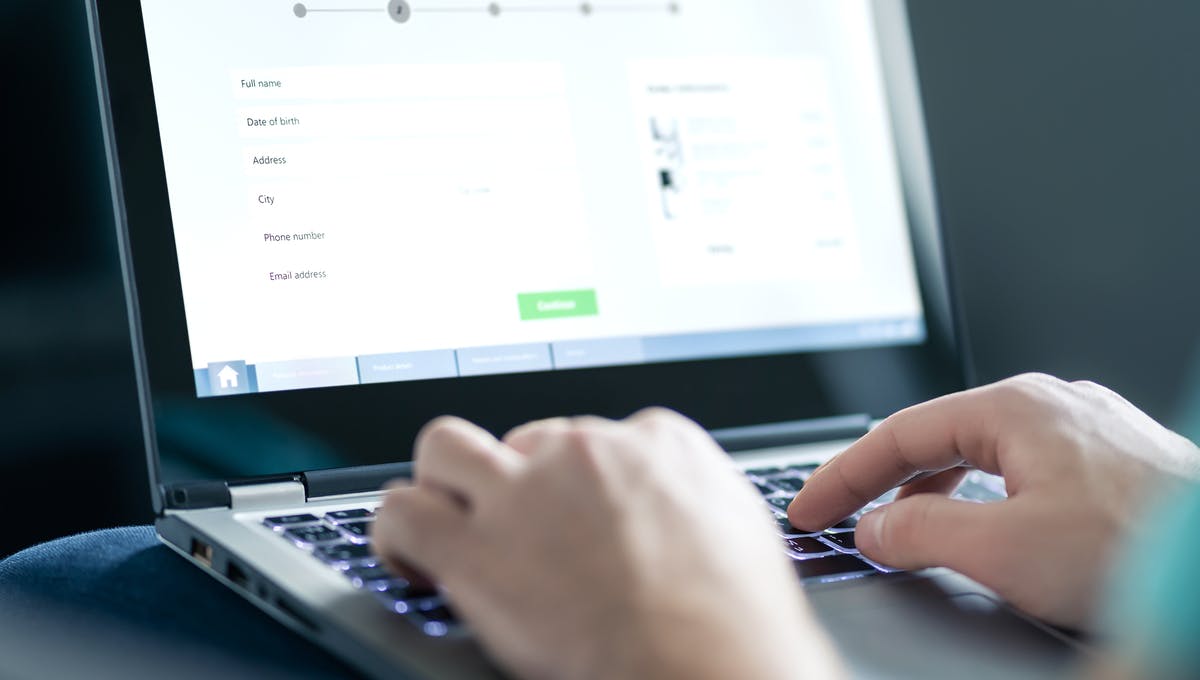PCP or Bank Loan: Which Car Finance Option Is Best For Me?
Getting a car on finance has become a popular alternative to buying, as it’s fast, affordable and fairly simple.
In many cases, you can finance your car directly with the manufacturers and dealers themselves, and they’ll often offer incentives like deposit contributions and reduced rates for options like Personal Contract Purchase (PCP).
But with limitations on aspects like mileage and modification, it can all start to feel a bit complicated. If you want the help of finance but the freedom of owning right away, you can also simply take out a loan to cover the cost.
Both PCP and bank loans are great options for getting your new car, but it’s difficult to know what really is the best way to finance a car?
In this quick comparison guide, we look at how both PCP and bank loans work, and how you can choose between them to get car finance that’s right for you. For more on car finance in general, see our posts "What is financing a car?" and "should I get a car on finance?"

What is PCP?
Personal Contract Purchase (PCP) is often one of the top choices for getting a new car. You choose a car you want, pay monthly to rent it, then return it or make a final payment at the end of the agreement to own it. We’ve done a whole guide exploring “What is PCP finance” if you want a deeper dive.
The monthly repayments are among the cheapest, as you’re paying the difference between the initial cost of the car, and the minimum guaranteed future value of the car. Since you’re only covering the cost of the car’s depreciation, you’ll have to pay a lump sum (balloon payment) to the car dealer at the end of the term if you want to keep it.
Contracts typically run from 3-5 years, with the cost depending on the price of the car, the model and make, the contract length, and your agreed mileage. As you’re never the owner of the car during your term, you have stipulations like a mileage limit, and you can’t damage the car beyond fair wear and tear.
How does a bank loan work?
Getting a personal car loan to pay off your car works essentially the same as any other loan. You’ll have monthly payments over an agreed term, and a set interest rate.
Once you’ve chosen your car, check how much you need to borrow, then apply to the bank or finance provider. Your eligibility will depend heavily on your credit rating and history, however some lenders will approve loans even if you have bad credit history.
Provided you get approved, the money will be transferred directly to your bank account and you should be able to purchase the car as soon as you like. As you’re immediately the owner, there’s no restrictions on mileage or modifications, and you can even sell it. See our “how to get a car loan” post for further information.

Pros and cons of each
There’s a lot of advantages to both getting a deal through personal contract purchase, and to getting a personal loan.
Whichever finance you choose, it’s worth making sure you have all the details with our individual posts on how PCP works, and how to get a personal car loan.
If you’re stuck between the two, here’s a quick look at our top pros and cons to think about:
PCP pros and cons
Pros
-
Low monthly payments
-
Maintenance packages can be added on
-
Regular affordable upgrades
Cons
-
Excess mileage charges
-
Damage and excess wear fees
-
You don’t own the car
Car Bank Loan pros and cons
Pros
-
Immediately own the car
-
No restrictions on mileage
-
Flexibility with longer terms
Cons
-
Responsible for repairs / road tax
-
Not great for poor credit ratings
-
You’ll have to deal with selling the car on
Which is right for me?
Both PCP and a personal loan are great ways to affordably manage the cost of your car, however they do operate fairly differently.
Financing with a personal loan means you can immediately buy the car outright, whereas with PCP you won’t own the car unless you choose to pay the final lump sum.
Personal loans will generally offer longer repayment terms, but it’s worth bearing in mind that you could end up paying more due to the interest. You have a better chance of getting discounts and deposit contributions with PCP, as you’re going directly through the dealership or manufacturer. Since you don’t have to buy the car, you’re more likely to take out another deal with them, so they’re usually more flexible with payment options.
With personal loans, you’ve bought the car upfront, and you’re probably not heading back to the showroom anytime soon. Since dealers are unlikely to get more business from you, they don’t have the same incentive to give discounts or reduce your monthly cost. However, personal loans often advertise very low rates, so if your credit score is up to scratch, you could get a great deal.
Both finance methods offer the opportunity to get a new or used car with affordable monthly payments, but if you want full flexibility on where you can get your car from, personal loan is the winner. The money goes straight to your account so you can buy anytime, from anywhere.

Alternatives to both
Do neither seem like the right option? Luckily, PCP and personal loans are just two of the many finance deals available. You can also take out a car lease, or a Hire Purchase deal.
With a Hire Purchase, you pay a deposit, then monthly instalments to the finance company or dealer that contribute to the total cost of the car. At the end of the contract, the car belongs to you. Explore car hire purchase more in our guide.
Leasing, also called Personal Contract Hire (PCH) or Business Contract Hire (BCH), involves paying an upfront deposit, a monthly fee till the end of the finance agreement, and then handing the car back. You never own the car, but you have none of the associated responsibilities like maintenance and road tax, plus you’ll have lower monthly payments, and can get a brand new car at the end. See our full guide on “How does car leasing work?”
Lease purchase is similar to PCP and leasing but you have to buy the car at the end of the contract. You pay a deposit and monthly payments and then make a balloon payment to fully purchase the car at the end of the contract, with no exit option.
We know it can be hard to decide between them all, so we put together some handy comparison posts to help guide you to the right one for you:
- PCP vs lease
- PCP vs HP
- PCP or buying outright
- PCP vs HP vs loan
- PCP vs HP vs lease
- Hire purchase vs lease
- Lease vs finance
- Lease purchase vs hire purchase
- Lease purchase vs PCP
- Lease vs lease purchase
You may also want to buy the car on your credit card or consider paying cash for your car.
Whatever you decide to go for, make sure to read through our tips on the best way to buy a car first.


